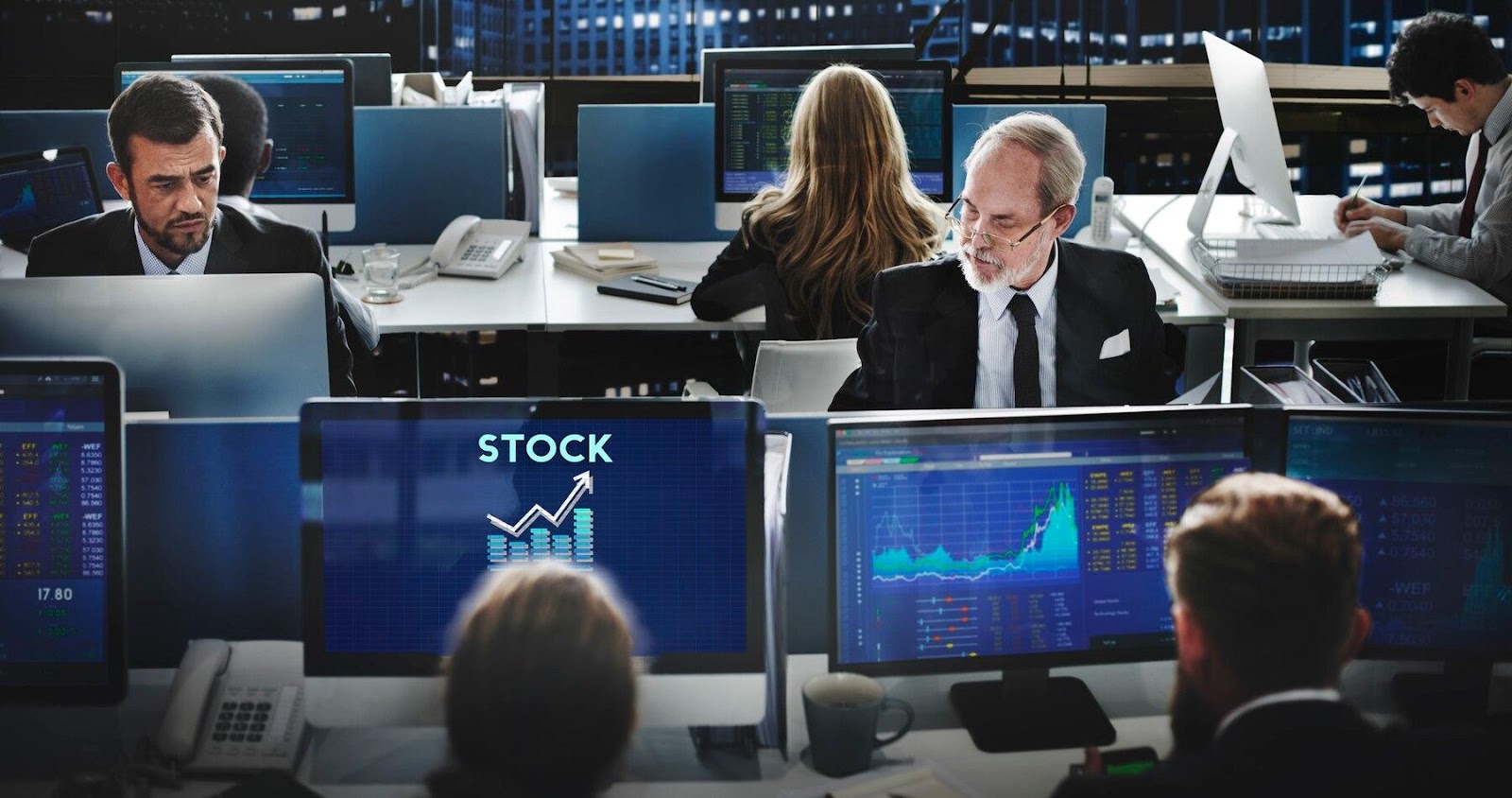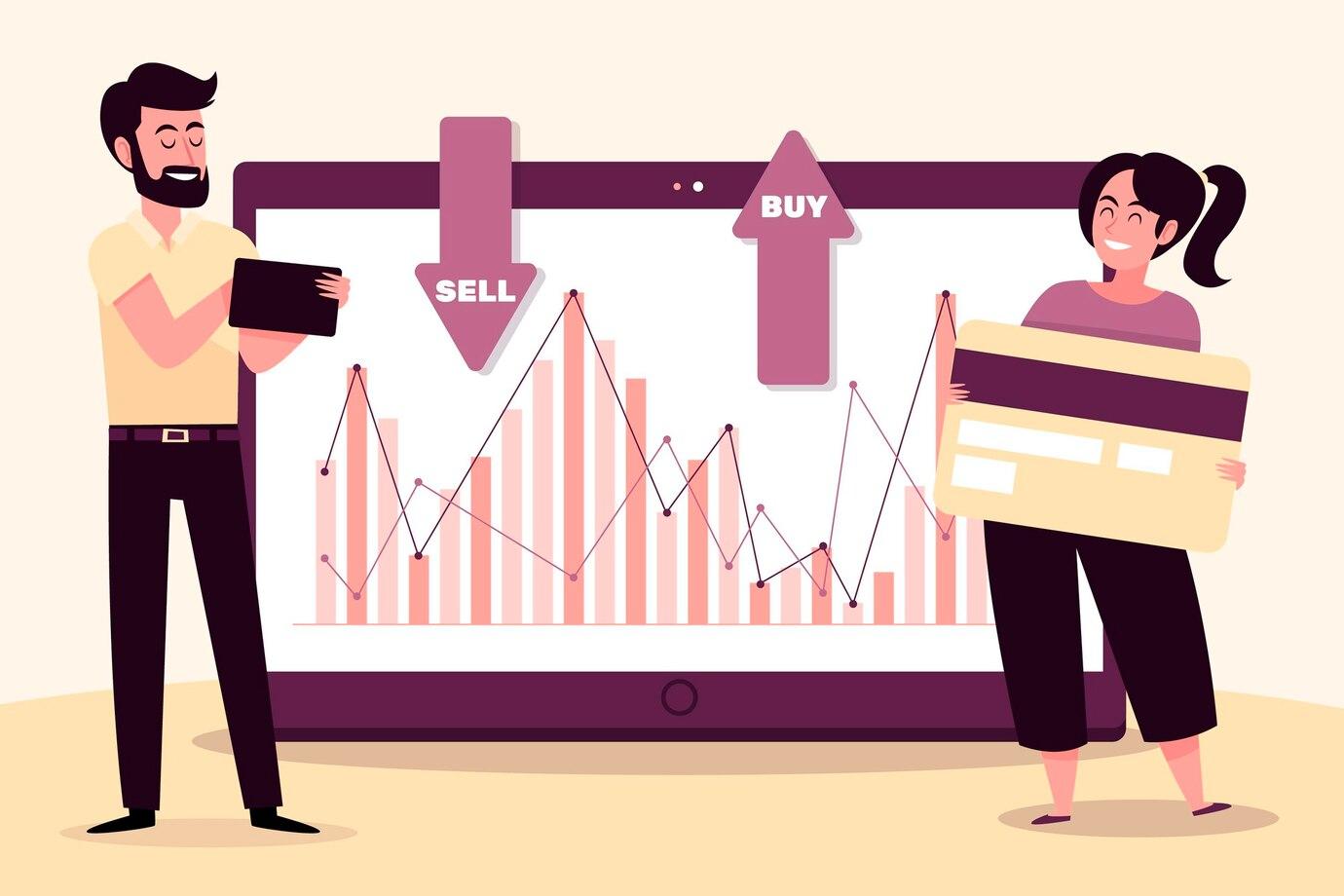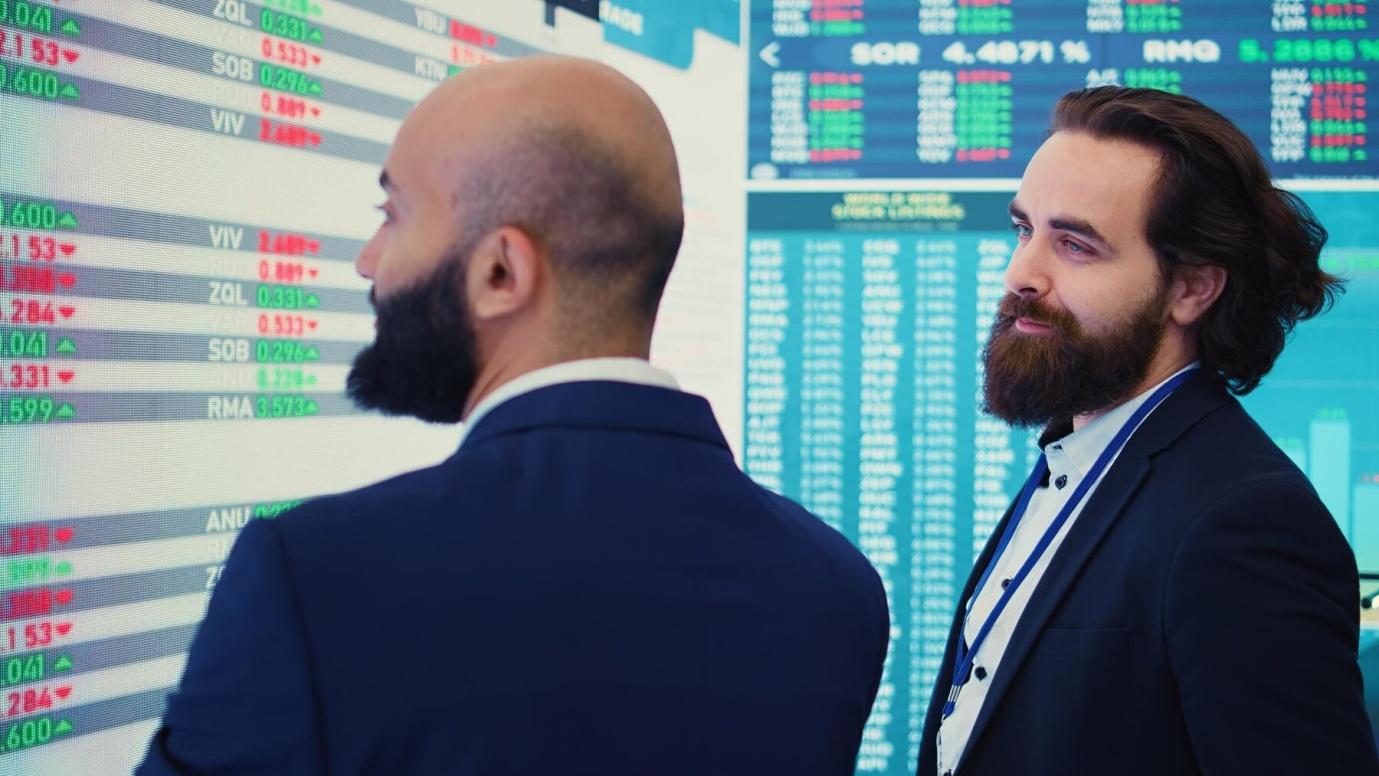Financial markets have always attracted fortune seekers, and Forex, as the largest among them, has become especially popular in recent years. However, with this popularity came fraudsters who exploit traders' greed and inexperience for their own purposes.
Understanding Forex and Its Risks
Forex, or the foreign exchange market, is a decentralized platform where participants can trade currencies. Despite the potential benefits associated with trading, this market is also known for its high level of risk. Studies show that about 70-80% of new traders lose their funds within the first months of trading. The psychological factor plays a key role here: inexperienced traders may be prone to impulsive decisions, making them vulnerable to fraudsters.
The Forex market has no central location, making it particularly attractive to fraudsters. Trading participants can be both individual traders and large financial institutions. Approximately 5 trillion US dollars pass through Forex every day, creating enormous opportunities but also giving room for fraudulent activities.
The reasons why traders fall victim to fraud include:
- Lack of knowledge about the market.
- Misunderstanding of trading basics.
- Excessive confidence and greed.
By being aware of these factors, you can better protect your investments and avoid traps set by fraudsters.

How Fraudulent Schemes Work on Forex
There are various fraudulent schemes in the Forex field. Let's consider the most common ones.
Scam Brokers
Scam brokers are companies that offer Forex trading services but are actually created to deceive clients. They may lure traders with promises of high returns, risk-free investments, and "exclusive" trading strategies.
Scam brokers often have opaque business models, which may include:
- Incorrectly stated rates and commissions.
- Refusal to withdraw funds: Difficulties when attempting to retrieve your money.
- Fake reviews: Positioning themselves as a successful broker through fake reviews.
Fraudsters juggle many tactics to create the impression that their platform is safe and reliable. However, shortly after traders start trading, they often face difficulties when it comes to withdrawing funds.
Illegal Mechanisms and Ponzi Schemes
Some fraudulent schemes may take the form of Ponzi schemes, where new money is used to pay previous investors. This creates the illusion of a successful business as long as new participants continue to join. Ultimately, it all ends in collapse, and most participants lose their investments.

Ponzi schemes in Forex may vary, but their fundamental principle always remains unchanged. They attract people with promises of stable income, dependent on attracting new participants. It is also important to note that such schemes typically operate outside of the law, making them extremely dangerous.
Fraud by Trader Managers
Some fraudsters offer their services as trader managers. They promise to manage clients' money and promise high returns, but disappear after receiving the funds. It is important to remember that if someone offers guaranteed returns, it should raise suspicions.
How to Distinguish a Legitimate Broker from a Fraudster
To avoid falling victim to fraudsters, traders must be aware of the signs of fraudulent activity. There are several criteria by which you can distinguish a legitimate broker from a scam broker.
Licensing and Regulation
The first and most important step is to check if the broker is licensed. Legitimate brokers must have licenses from regulatory bodies. For example, in the US, this could be the National Futures Association (NFA) or the Commodity Futures Trading Commission (CFTC). In Europe, regulatory bodies include the FCA (UK) and CySEC (Cyprus).
Licensing indicates that the broker is required to comply with laws and standards that ensure customer protection.

Transparency of Operations
A legitimate broker will always provide full information about their services, fees, and trading conditions. If the information is not sufficiently available or is difficult to understand, it may be a rare sign of fraud.
Feedback and Reputation
Before opening an account with a broker, it is important to conduct research and read reviews from other traders. However, it should be noted that there may be many fake reviews on the internet. Comparing information from various sources can help form a more complete picture of the broker's reputation.
How to Protect Your Money in Forex
Despite all the risks, there are many ways to minimize potential losses. Here are some recommendations that can help traders protect their funds:
- Protective Measures When Opening an Account. Before opening an account, always conduct thorough research on the broker. Ensure that it is registered in a reliable jurisdiction and has a positive reputation.
- Use Demo Accounts.Before investing real money, it is recommended to use demo accounts. This allows beginners to learn the basics of trading without the risk of losing funds. Demo accounts offer the same conditions as real trading but without financial risks.
- Education and Training.Invest in your own education. Understanding the basics of Forex, technical and fundamental analysis, as well as trading psychology, can significantly increase your chances of success.
- Risk Management.Risk management is an important aspect of successful trading. Determine the amount you are willing to invest and never exceed it. Use stop orders to limit potential losses.

Fraud in Forex is a serious issue faced not only by beginners but also by experienced traders. Knowledge of the main fraud schemes, the ability to recognize illegal brokers, and adherence to safety rules can significantly reduce risks. But most importantly, education and awareness are key factors in reducing the likelihood of falling victim to fraudsters. Invest time in learning and develop skills to best protect your funds in the currency markets.
